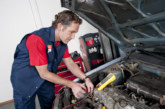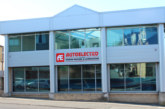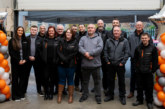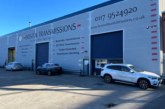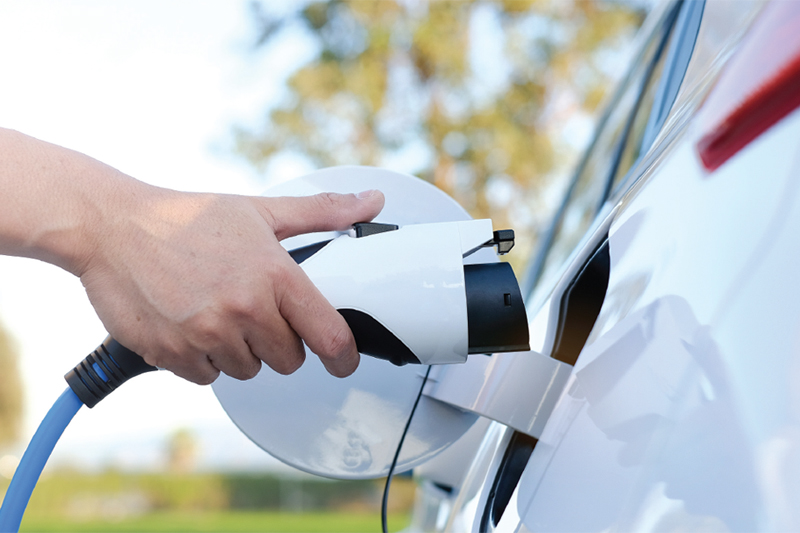
As more new energy vehicles (NEVs), which include hybrid and EVs, take to the roads, more will come into the workshop for routine service, maintenance or repair; therefore, you will need to be ready and geared up to provide workshops and the technicians undertaking this work with the products they need to complete it successfully. Nissens Marketing Manager, Jan Zieleskiewicz, explains:
Using the thermal system as an example, many of these NEVs rely on a heat pump solution. Unlike the air conditioning in a conventional vehicle, the heat pump-based system is capable of both heating and cooling. It also manages the temperature of the vehicle’s electric motor, battery pack and power electronics; in fact, the system functions as the vehicle’s thermal management system and helps the car conserve battery life and extend its total range.
With decades of aftermarket expertise, Nissens Automotive has developed a comprehensive thermal management range that consists of engine cooling products, alongside its AC programme, all of which are manufactured to Nissens’ ‘genuine quality’ standards. This provides independent workshops with replacement parts that operate to the same performance levels as the original, giving them an aftermarket solution they can depend on.
A product category in their own right
Sensors are growing in importance, as the number of them and electronically controlled components in modern cars continues to increase across the entire vehicle. For Nissens, its recently introduced range of AC pressure sensors and engine coolant and oil temperature sensors reflects the company’s ongoing focus on vehicle electrification and follows its launch of high voltage AC compressors, electronic actuated turbochargers, exhaust gas recirculation valves, fans, fan clutches, blowers and electric water pumps in its electrified parts portfolio. This strategy began two decades ago, when the company started building product design, development, testing and manufacturing capabilities for electronically controlled parts.
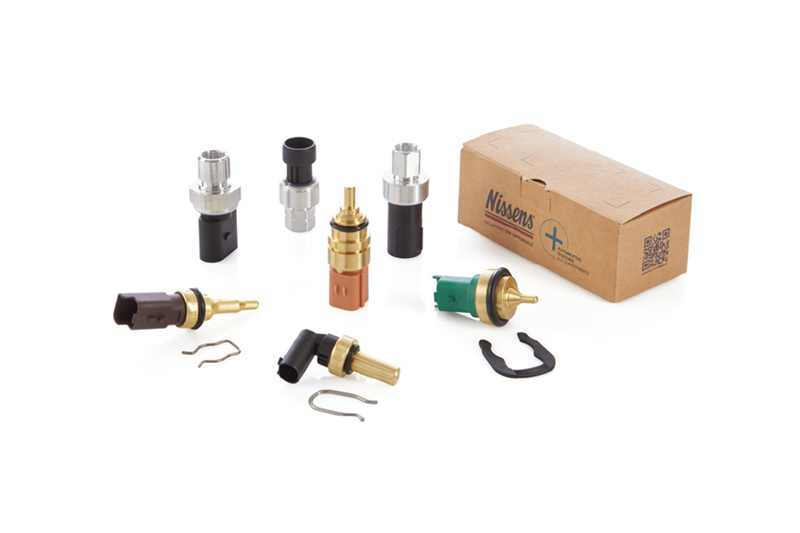
Although small, sensors have a critical function, as their signals ensure that the AC and engine cooling systems are working correctly, safeguarding the longevity of other components within the system. These recent additions, therefore, deliver excellent durability and working performance, as well as trouble-free fitment. In common with other Nissens components, all the necessary installation parts whenever required by the original, like mounting clips and O-rings, are included in the product box to provide a first-fit solution, which is another important selling point.
The initial range of Nissens sensors consists of more than 40 pressure sensors for automotive climate systems and nearly 50 temperature sensors for engine cooling systems. The coverage reaches almost 60% of the European vehicle parc for both types, and the range will expand further in the coming months.
“Staying ahead of the trend”
As ongoing component electrification transforms the shape of the independent aftermarket, Nissens is staying ahead of the trend and introducing entirely new system designs that will provide solutions to address new vehicle technologies. Thermal management systems are undergoing the fastest change and these complex systems will remain critical to NEVs.
These product extensions confirm the manufacturer’s commitment to expanding its footprint in the automotive aftermarket and supporting the needs of its wholesale distribution partners by growing their sales potential with new products. Many of which will reflect the innovations that play an increasingly important role in the aftermarket with NEVs. By being able to source more relevant NEV products from a single trusted supplier, Nissens also brings additional efficiencies, further strengthening business relationships.
The company’s range of thermal system components for NEVs consists of more than 700 items and caters for in excess of 3,000 OE part numbers. As always, these products come with the company’s established support services, which include detailed resources outlining new vehicle systems, as well as dedicated technical training programmes.



